After more than a decade of negotiations, Iran and its US-led interlocutors have come to terms on a deal to prevent Iran from acquiring nuclear weapons. But will the agreement promote or undermine stability in the region and beyond?
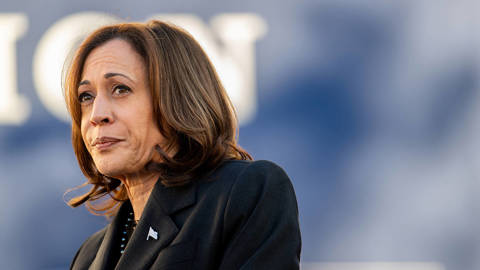
After more than a decade of negotiations, Iran and its US-led interlocutors have come to terms on a deal to prevent Iran from acquiring nuclear weapons. But will the agreement promote or undermine stability in the region and beyond?
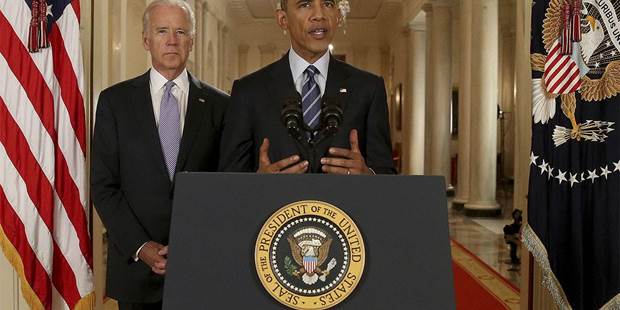
Jul 17, 2015 Jeffrey D. Sachs argues that Barack Obama is right to stand up to America’s permanent security state.
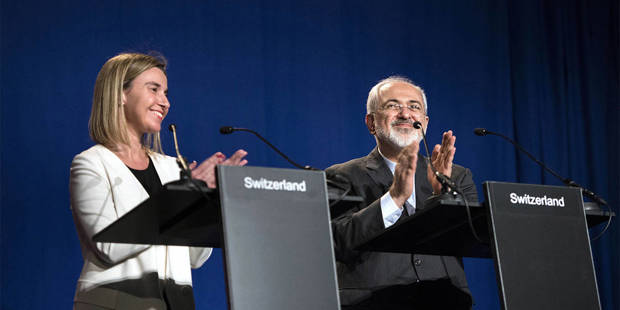
Jul 17, 2015 Javier Solana praises the persistence of the negotiators who concluded the Iran nuclear deal.
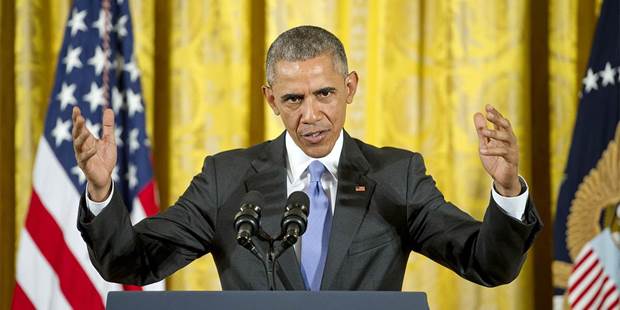
Jul 17, 2015 Shlomo Avineri criticizes the US for overlooking the geopolitical implications of the recent nuclear deal.
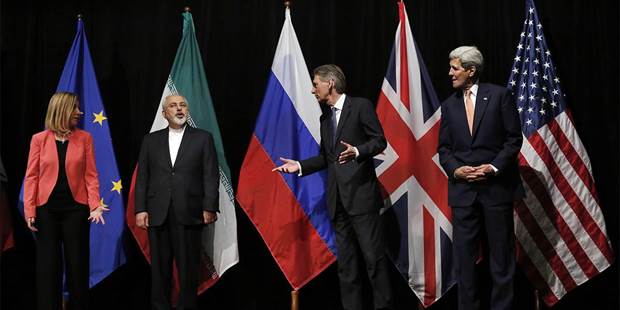
Jul 16, 2015 Chris Patten suggests that a better Iran deal was available a decade ago.
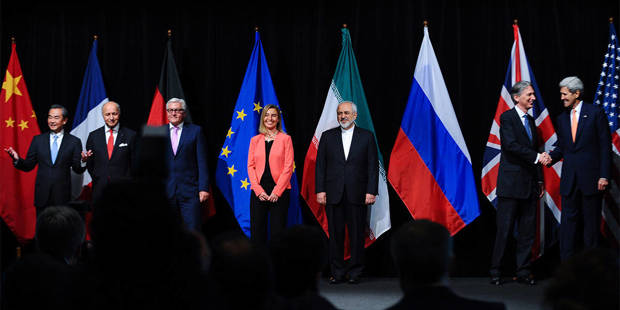
Jul 14, 2015 Richard Haass calls the agreement a positive step, but not a panacea.
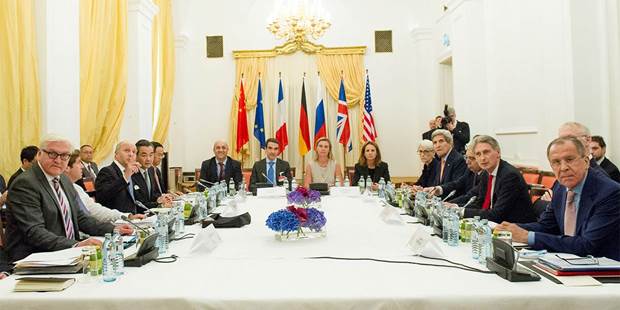
Jul 14, 2015 Volker Perthes considers two potential outcomes of the recent nuclear agreement.

Jul 17, 2024 Adekeye Adebajo
Jul 19, 2024 Pinelopi Koujianou Goldberg
Jul 18, 2024 Eric Parrado
Jul 17, 2024 Shlomo Ben-Ami








